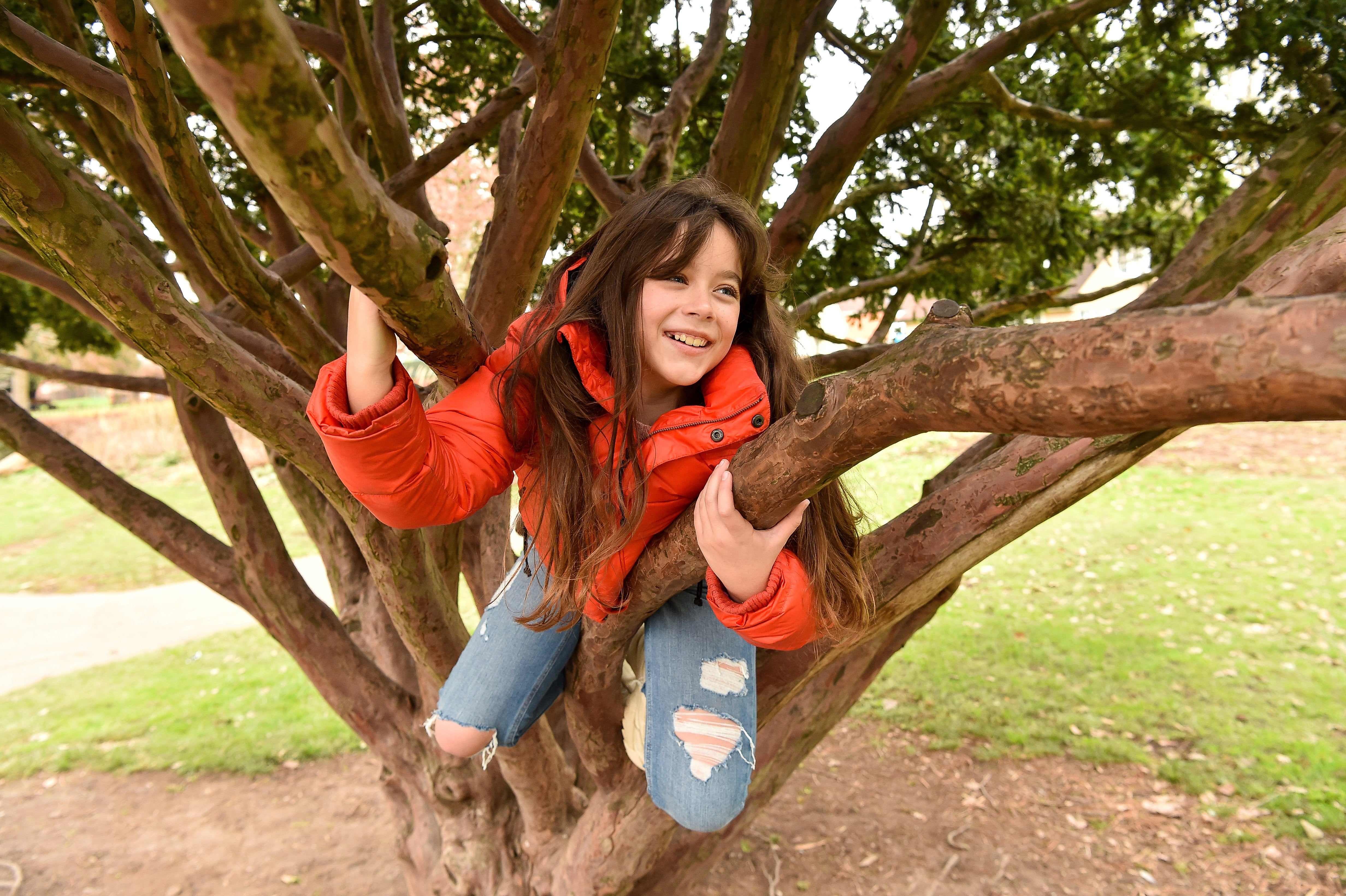Expert reveals the secret to keeping children entertained
Clinical psychologist Dr. Elizabeth Kilbey, best known for appearing on Channel 4’s The Secret Life of 4, 5, and 6-year-olds, says parents shouldn’t set the bar too high

Three-quarters of parents who admit they struggle to find new ways to entertain their children – should simply let them take the lead instead, an expert has revealed
According to Dr. Kilbey, the most important factor was simply giving children undivided attention.
And Dr Kilbey emphasised it can be easier, as well as beneficial, for parents to let their child lead play sessions.
It follows research into parents of children, aged three to 10, which revealed that 51 per cent feel they and their little ones are equally likely to lead play.
One in four parents admitted it can be easy to forget how important playtime is, despite 49 per cent accepting it helps build stronger bonds with their children.
Commenting on the research, commissioned by Kinder Surprise, Dr. Elizabeth Kilbey said: “Play is essential to their development, but as adults, I think we can easily forget how joyful and fun playing really is. You don’t always need to come up with new or clever ideas.
“The important thing about playing with your child is spending that little time with them, focusing on activities they particularly like to do.
“One important method of play is child-led play, in which you allow your child to set the agenda for what you are doing together and you follow their lead, commenting on the activities that they are doing to keep them engaged.”
It also emerged parents spend an average of 36 minutes a day playing with their children – but feel they should be doing more – and engaging in an extra 10 minutes.
Dr. Kilbey added: “Parents are already doing a great job and while they may always feel like they can do more, it is important to remember that short quality sessions of play can be really impactful."
Physical play was also the top method parents go to, followed by digital, constructive, and social, such as a playdate.
The research also found 91 per cent believe a combination of play with physical toys and digital games is beneficial for their child’s development.
Leonardo Bertelli, from Kinder, which has created a number of workshops and activities to keep kids entertained this half term, added: “We know that play is vital to children’s growth and development, as it is the lens through which children observe and experiment with the world.
“That is why we’ve been encouraging play for over four decades and always celebrate the little moments between parents and children that we know mean a lot.
“While we know a third of parents are struggling to find new ways to play with their children, we wanted to share some free activities to help them make the most of their playtime with their children.”
Dr Kilbey’s play time tips:
Let your child lead: Allowing your child to set the agenda for what you are doing together, following their lead, and commenting on the activities they’re doing helps to keep children engaged because they are interested in hearing what you are saying, but it also helps to scaffold and build their language and interaction skills.
Mix it up: Occasionally, it’s important to try and introduce new types of play – if you and your kids are used to a conventional play, perhaps try digital play or vice versa. The ability to combine digital play with physical toys helps your children develop a wider range of skills and supports their development in both communication and interaction.
Anything can be a game: Playing does not have to complicated and you can make use of resources that you already have at home, such as craft activities, or even just going outside, having a kick around or playing a game of tag – always remember that little ones are just looking forward to a fun session with their favourite playmate.
A little play can mean a lot: it’s a really good idea to keep play sessions short and quite focussed on one particular activity at a time so that your child is fully engaged and can get the most out of the time you spend together.
Join our commenting forum
Join thought-provoking conversations, follow other Independent readers and see their replies
Comments


Bookmark popover
Removed from bookmarks